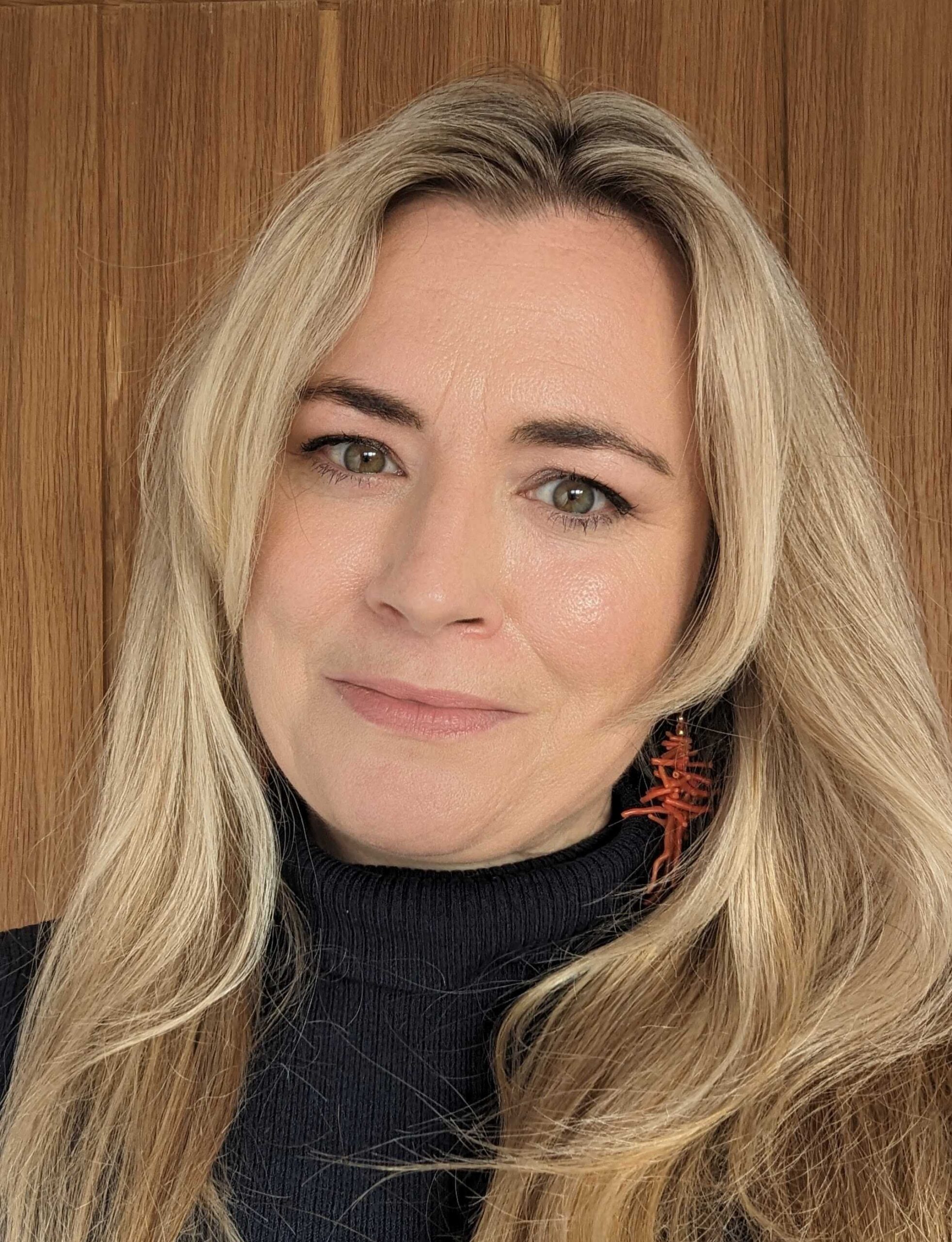Jenny Perry, Programme Manager for the Violence Reduction Unit Programmes at nurtureuk, shares their experience of the need for nurture and how supporting children’s wellbeing helps them learn:
Children and young people are dealing with social, emotional, and mental health (SEMH) issues like never before. In the UK, the need for better support was widely recognised even before the outbreak of Covid-19, but the crisis has deepened. Cost of living pressures, compounded by the continuing impact of the pandemic, mean increased stress and anxiety for many children and families. We know that 75% of children and young people who experience mental health problems aren’t getting the help they need and this severely limits their ability to learn.
Pupils facing SEMH challenges can be withdrawn and isolated, suffering in silence, others display hugely challenging and disruptive behaviour that significantly affects those around them. Exclusions and persistent absenteeism are increasingly features of school life.
Teachers need support to create safe environments that enable pupils to build healthy relationships and develop the confidence and resilience they need to succeed both academically and in life. At nurtureuk, we believe that nurture is the way to achieve this.
Nurture is a tried and tested way of helping children develop vital social skills, confidence, and self-esteem – ensuring they are able to learn. Using nurture to meet pupils’ social and emotional needs, improves behaviour, attendance, and attainment, and reduces exclusions.
Having worked with Violence Reduction Unit (VRU) schools for the past three years, we’ve seen first-hand the huge impact that nurturing and relationship-centred approaches can have on the everyday school experiences of young people.
A Senior Leader of a secondary school from our Nurturing Kent VRU programme, recently shared his experiences of working with teenagers using this approach.
“Callum* is the child who first made me recognise the impact that having one person in your corner could do for you. He came to me in Year 7 labelled “naughty and with difficult parents”. By Year 10 he had an EHCP for his severe learning needs which he had masked by being popular, but he was violent and reliant on dubious methods for self-medication. His parents were on my speed dial, and luckily we had an incredible relationship. At the time, he was facing exclusion for his defiance and violent behaviour, and was far too well known to the police. As one of his teachers, I had no illusions about how he could behave.
I completed his assessment (using the Boxall profile) sat at my desk and cried when I read his results. By the following week he was in my new Nurture Group.
I was keen to show that the best way to engage our most challenging students was to nurture them. I was granted permission to take my new Nurture Group, and 3 others with similar experiences, off site for 2 days to do gardening at our local primary school. Every child I teach could exceed their flightpath, and that still wouldn’t come close to making me as proud as I was watching this group gardening. Each and every one flung themselves into it, they worked together as a team, turn taking and supporting each other. I didn’t see a single phone or headphone all day, which with our lot is a genuine measure of success. Until the end, when they took pictures to show their Mums and I am not really sure there are any words to adequately express how that made me feel. “
This is just one story from one school but through London VRU’s latest initiative, the Inclusive and Nurturing Schools (INS) Programme, we are now supporting 70 schools. By creating a safe environment with trusted adults who listen, see and know the children and young people, where strong relationships are modelled based on equity and inclusion, every child and young person will have the potential to flourish, and the very best chance of enjoying a successful future.
*Names have been changed
